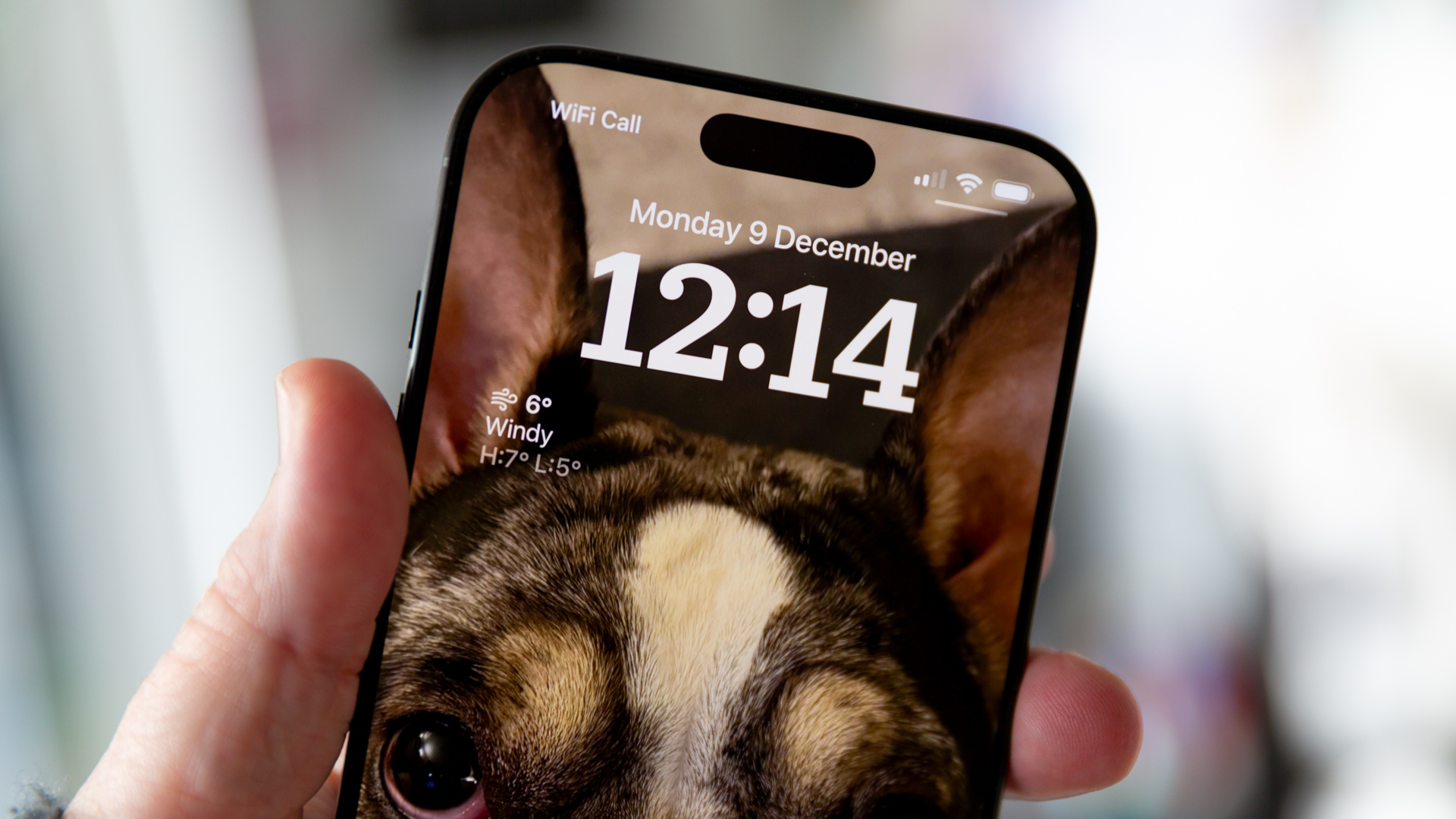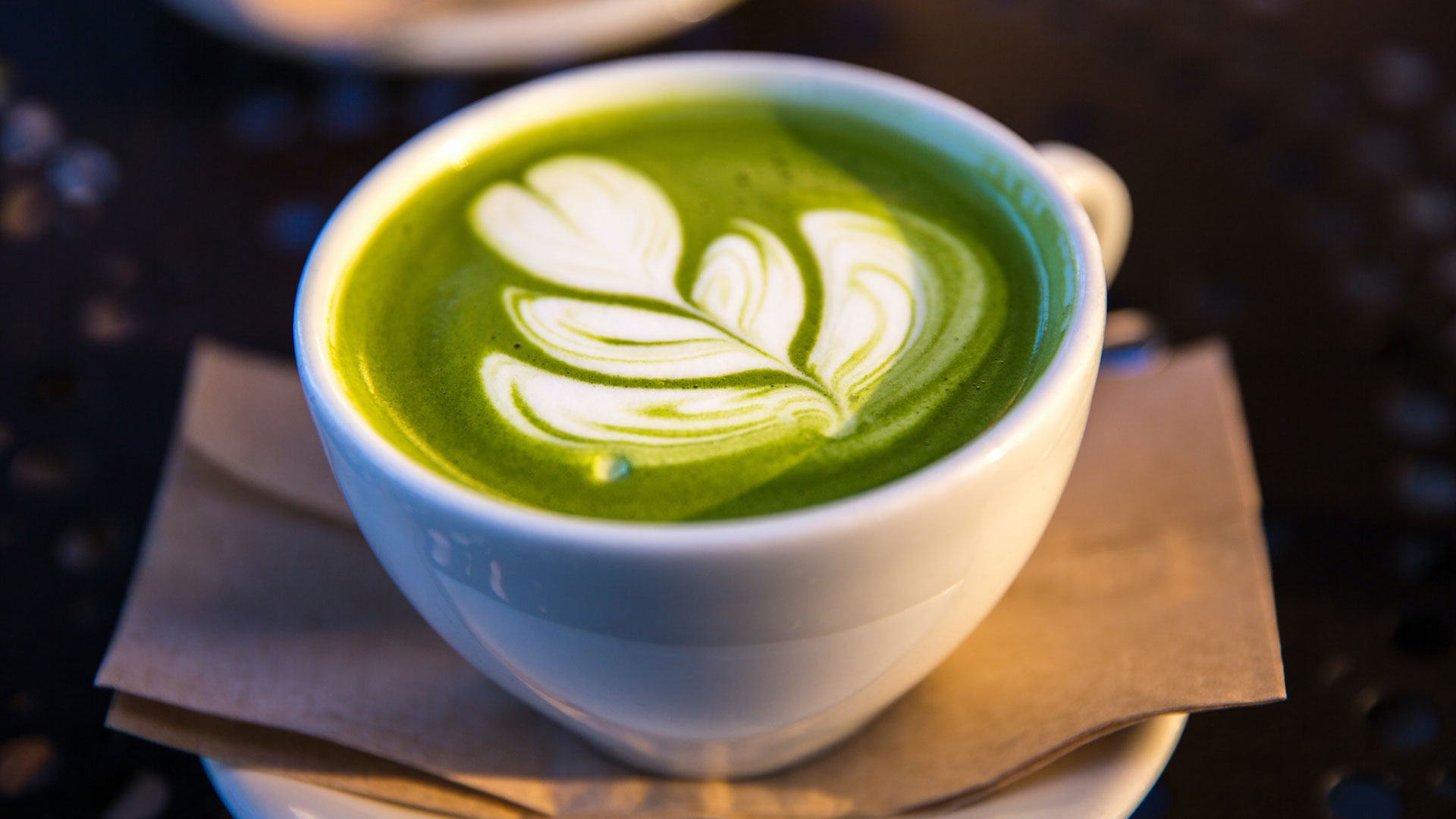
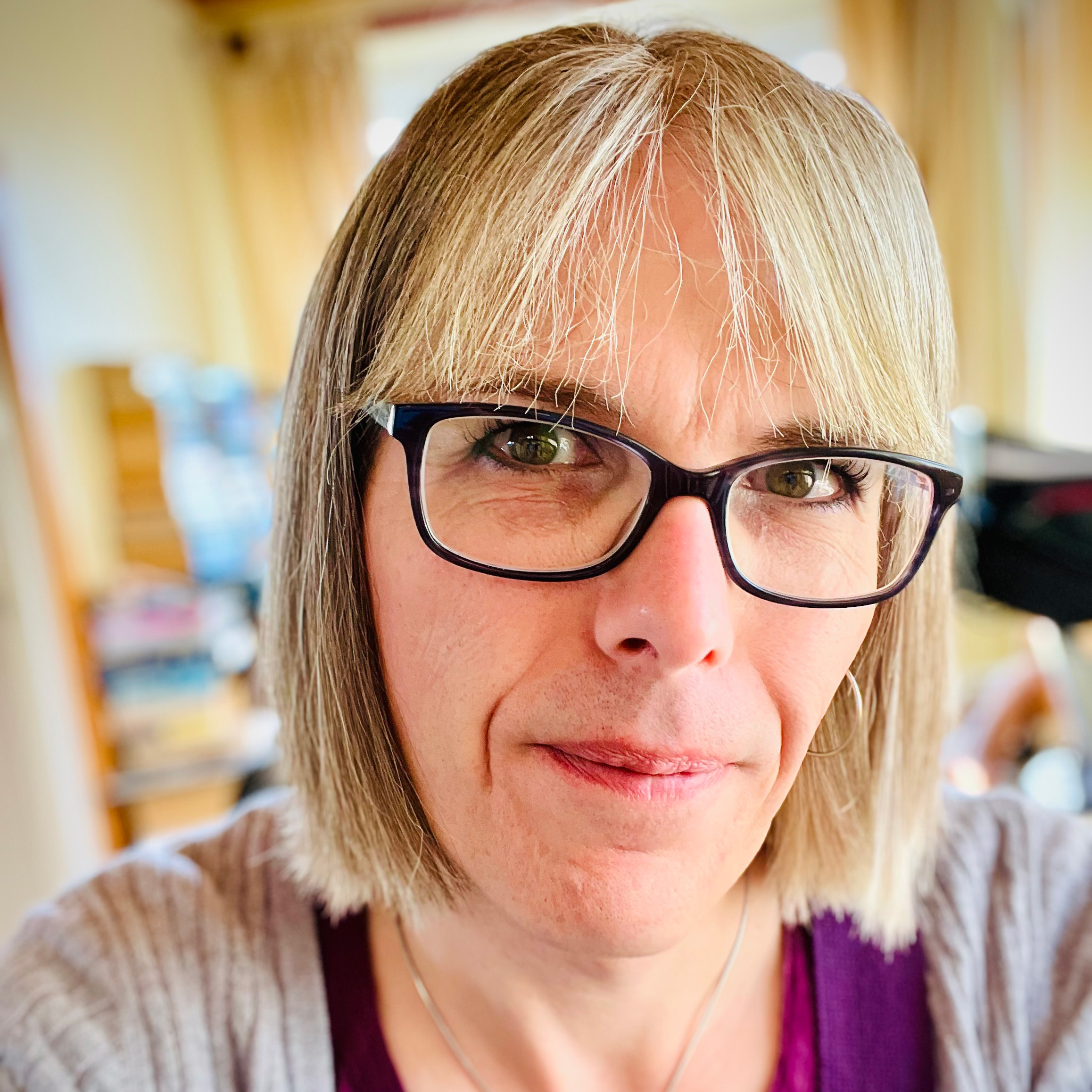
Looking for healthier alternatives to coffee? If you're reading this while nursing your seventh Americano of the day and it's not even lunchtime yet then yes, maybe you could do with reducing the amount of coffee in your life. While it's hard to beat that first cup in the morning to kick-start your brain, mainlining caffeine throughout the day isn't exactly great for your body.
While there are definite benefits to the odd cup of coffee – besides boosting your mood and increasing alertness, it's also teeming with antioxidants that can protect you from the effects of free radicals – we all know that there are health drawbacks too, especially if you overdo it.
Drink it too late in the day and it's likely to disrupt your sleep (find out what time you should stop drinking coffee – it might surprise you), while it can also result in the jitters and irritability, while speeding up your heartbeat and even resulting in muscle tremors. You may have also heard that it's a diuretic that makes you pee more often and doesn't hydrate your body, but that at least turns out to be a myth based on a flawed study from 1928 which has since been discredited.
Nevertheless, if you feel that your relationship with coffee's become a bit too obsessive – perhaps if you're considering dropping a fortune on the best bean to cup coffee machine – there are alternatives to consider, many of which still deliver a caffeine hit (albeit less powerful than a double espresso's nuclear payload), and some that'll give your body and mind a boost in a different way. If you're hoping to curb your caffeine addiction, here are 6 healthier options to consider.
1. Matcha tea
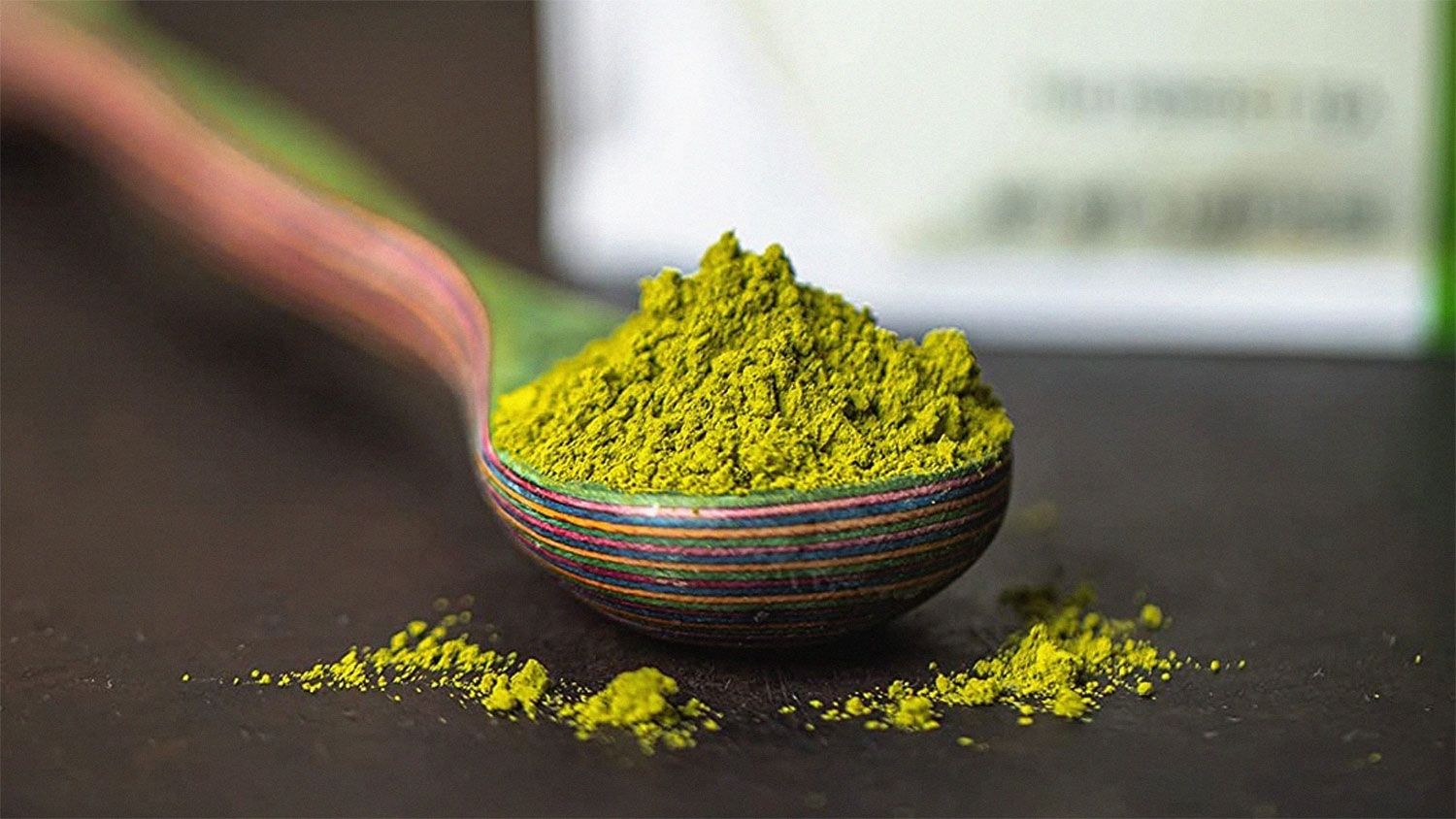
If you're truly dedicated to the coffee cause, being recommended tea might feel like a bit of a slap in the face. But hear us out; matcha tea is a more robust form of green tea with more caffeine in it (but less than you'd get in a similar-sized cup of coffee). It has plenty of antioxidants, as well as an amino acid called L-theanine, which slows down your body's caffeine absorption rate. This means you'll still get that energy boost (albeit a calmer), but without the caffeine crash.
- Try it: MRM - Raw Matcha Green Tea Powder at Amazon
2. Chai tea
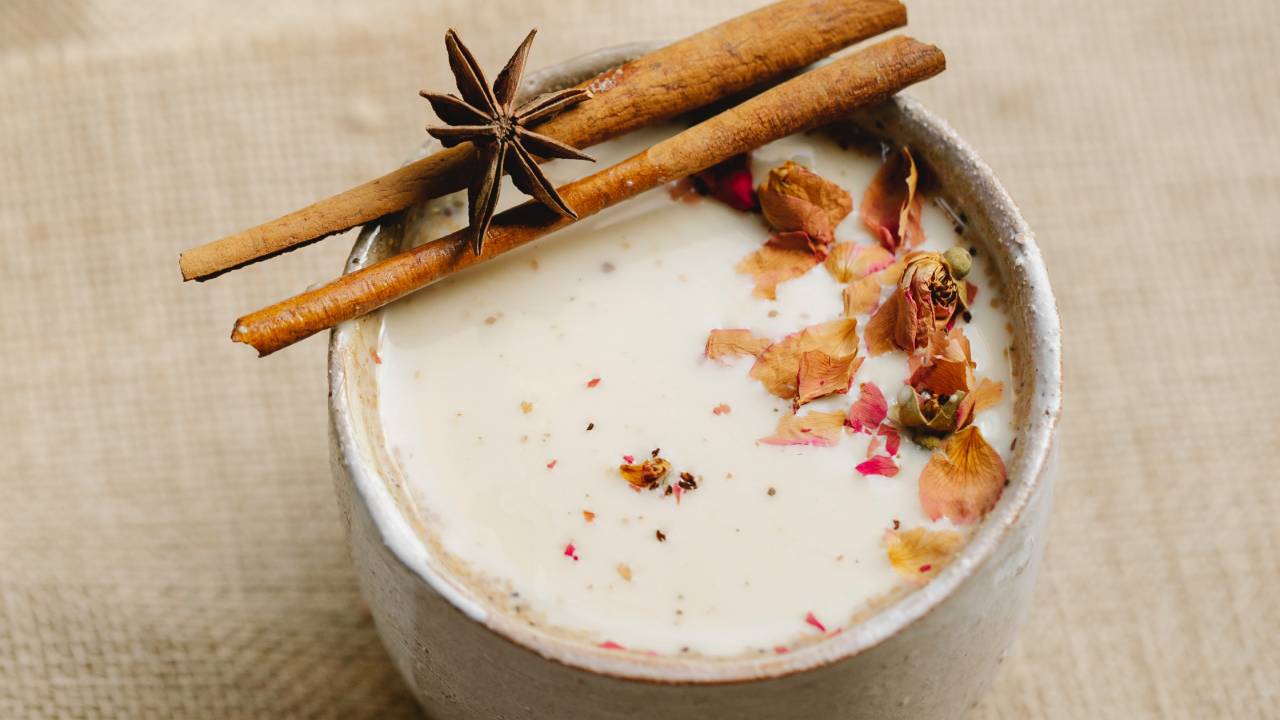
Chai tea – or to give it its proper name, masala chai – is basically tea with flavour benefits. It originated in India, and essentially, it's black tea taken to the next level with the addition of spices that generally include the likes of ginger, cinnamon, cardamom, nutmeg and cloves. It benefits from a much richer flavour than your average mug of builder's tea, and while it contains a lot less caffeine than coffee, it comes with potential health benefits; it can aid digestion and help with weight loss, as well as bringing down blood sugar levels and improving heart health.
- Try it: Tea India Masala Chai at Amazon
3. Chicory coffee
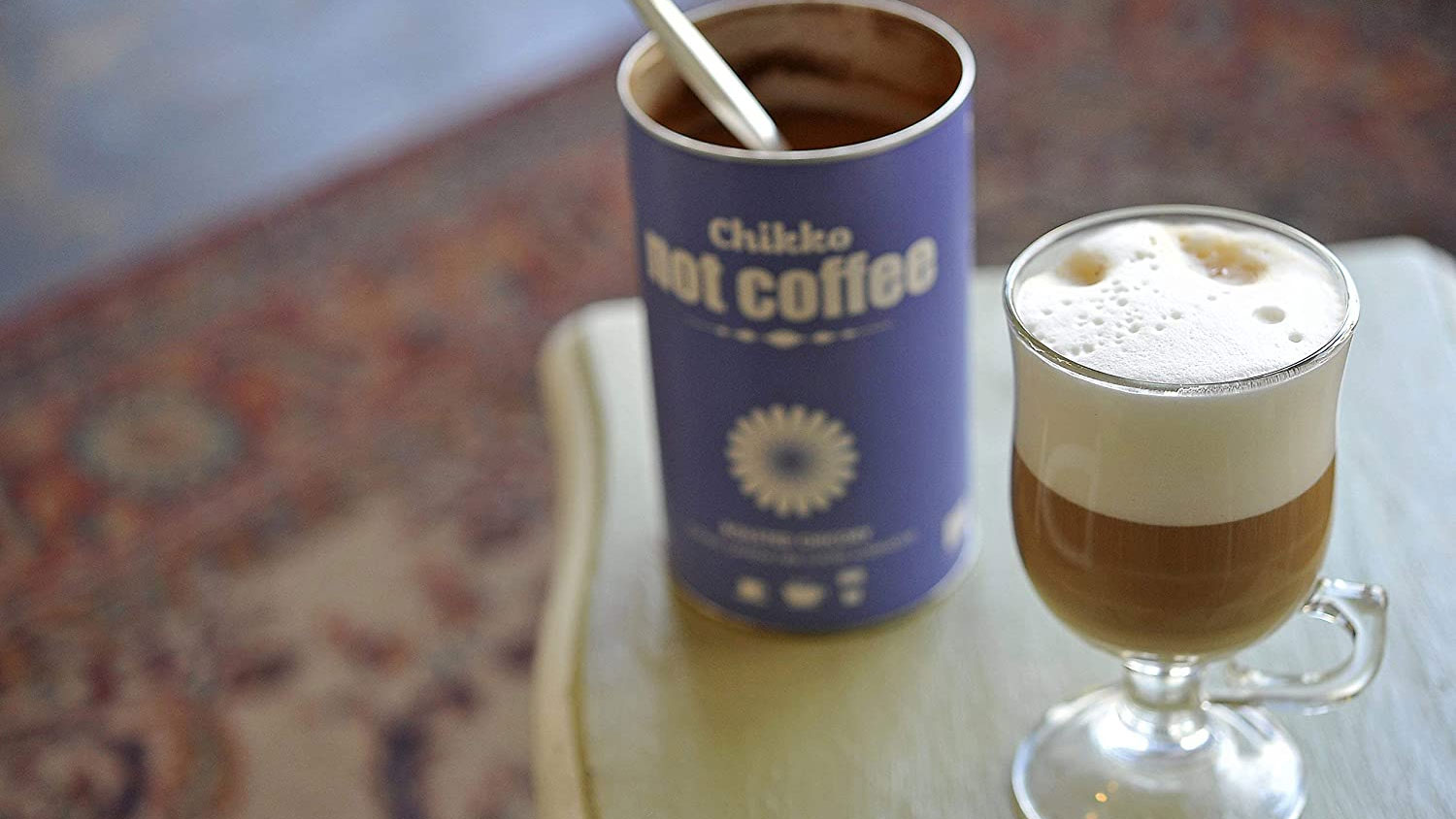
Chicory as a coffee alternative isn't exactly a new thing; Camp Coffee – a mix of coffee and chicory – was introduced in 1885 and became popular in 1975 when the price of actual coffee doubled due to frosts in Brazil. Chicory on its own is a reasonable coffee substitute, with a similar – if sweeter – flavour, but no caffeine; instead it has plenty of potassium which can help restore electrolytes and deliver an energy boost, as well as inulin, a prebiotic that's good for gut health and is believed to help bring down blood sugar levels.
Sign up to the T3 newsletter for smarter living straight to your inbox
Get all the latest news, reviews, deals and buying guides on gorgeous tech, home and active products from the T3 experts
- Try it: Chikko Not Coffee at Amazon
4. Yerba mate
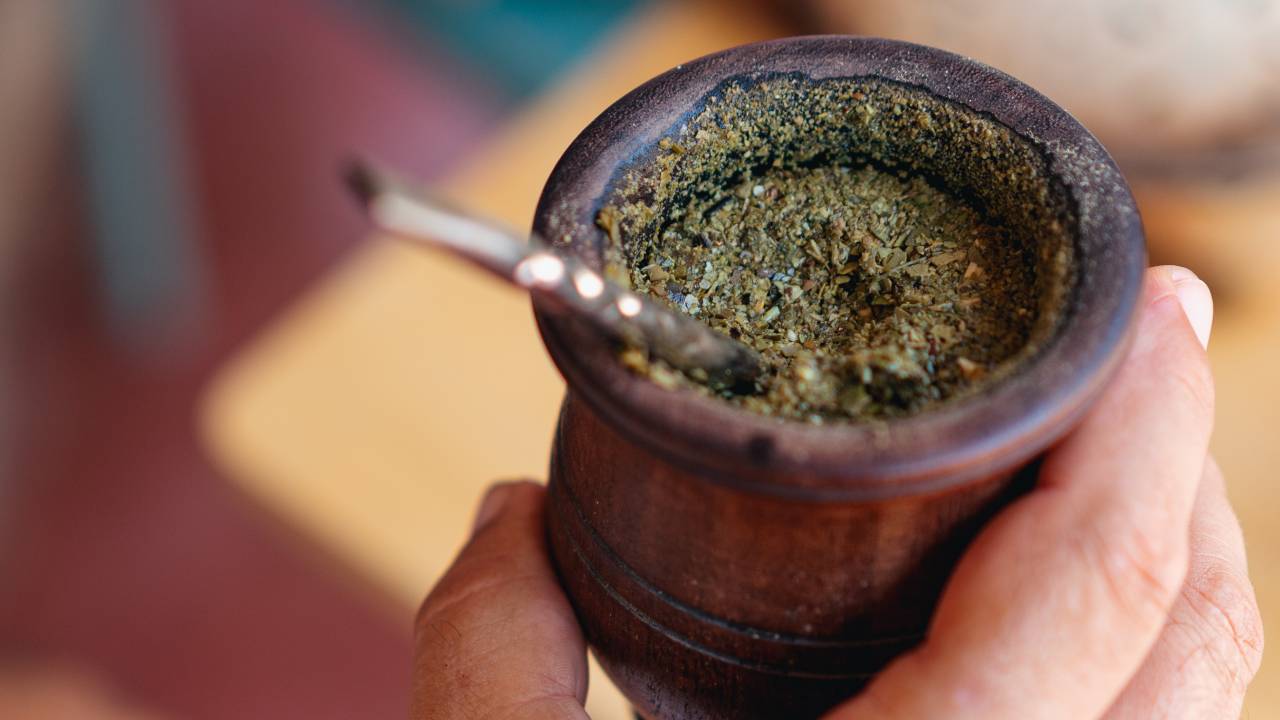
A South American alternative to tea, yerba mate (or just mate) is traditionally made from the dried leaves and twigs of the yerba mate plant, and has quite a tea-like flavour, although for many it's a bit of an acquired taste. It contains slightly less caffeine than you'd get from coffee, combined with adaptogens that can slow down your caffeine intake along with the chances of jitters or a caffeine crash. It also has great antioxidant properties, with some research suggesting that it can help manage high blood sugar levels and cholesterol.
- Try it: Yerba Mate Amanda Roja at Amazon
5. Fig coffee
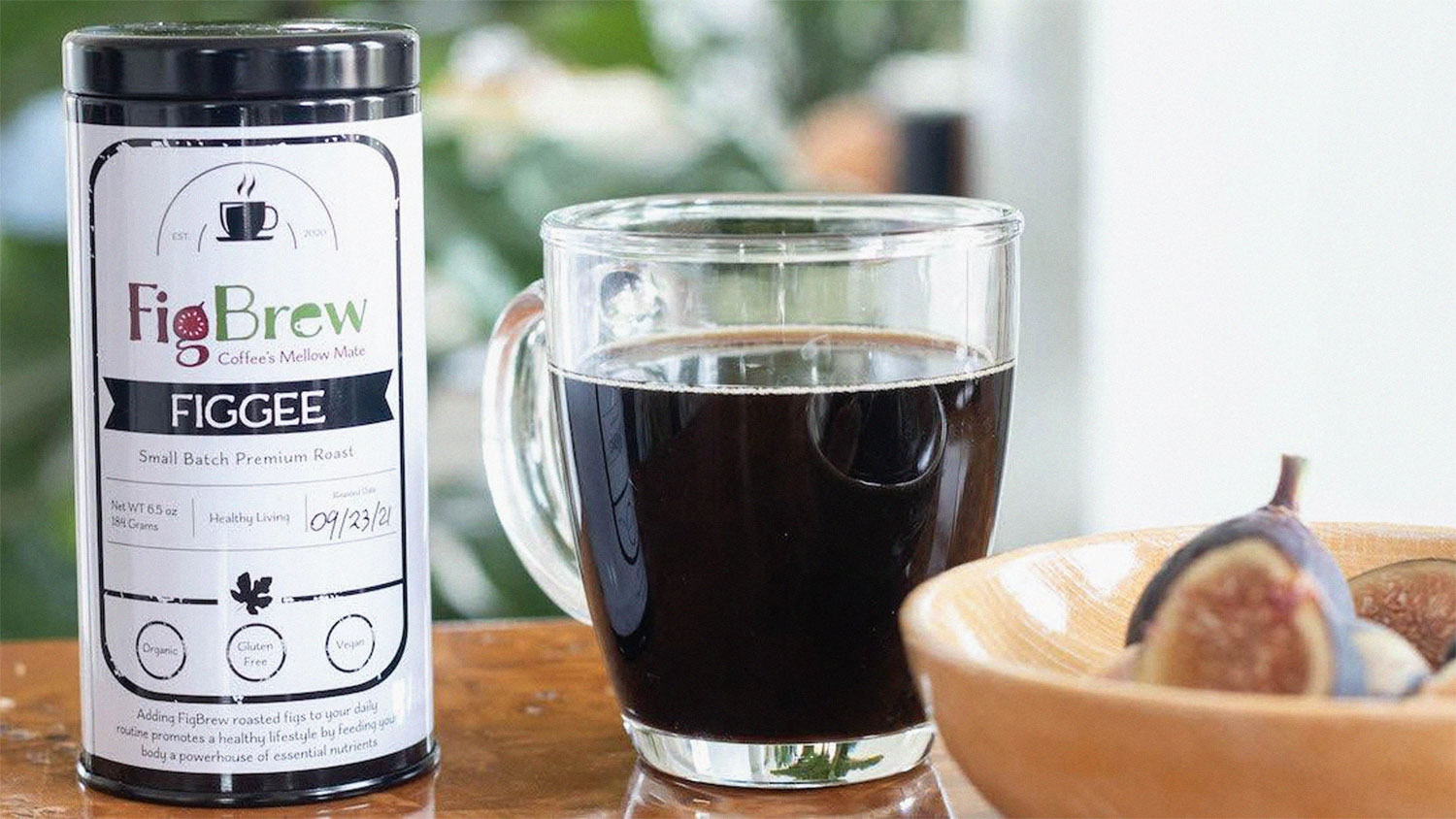
Roasted fig is another great coffee alternative if you're after something with plenty of flavour but no caffeine. Unlike coffee, it contains a good helping of vitamins and minerals, and its high potassium levels means that it can help reduce blood pressure, too. If you want to ditch coffee completely, fig is a good way to go, and to make the switch easier, you can mix it with your normal coffee in small proportions, then increase the fig-to-coffee ratio over a few weeks.
- Try it: FigBrew coffee alternative
6. Brewed cacao
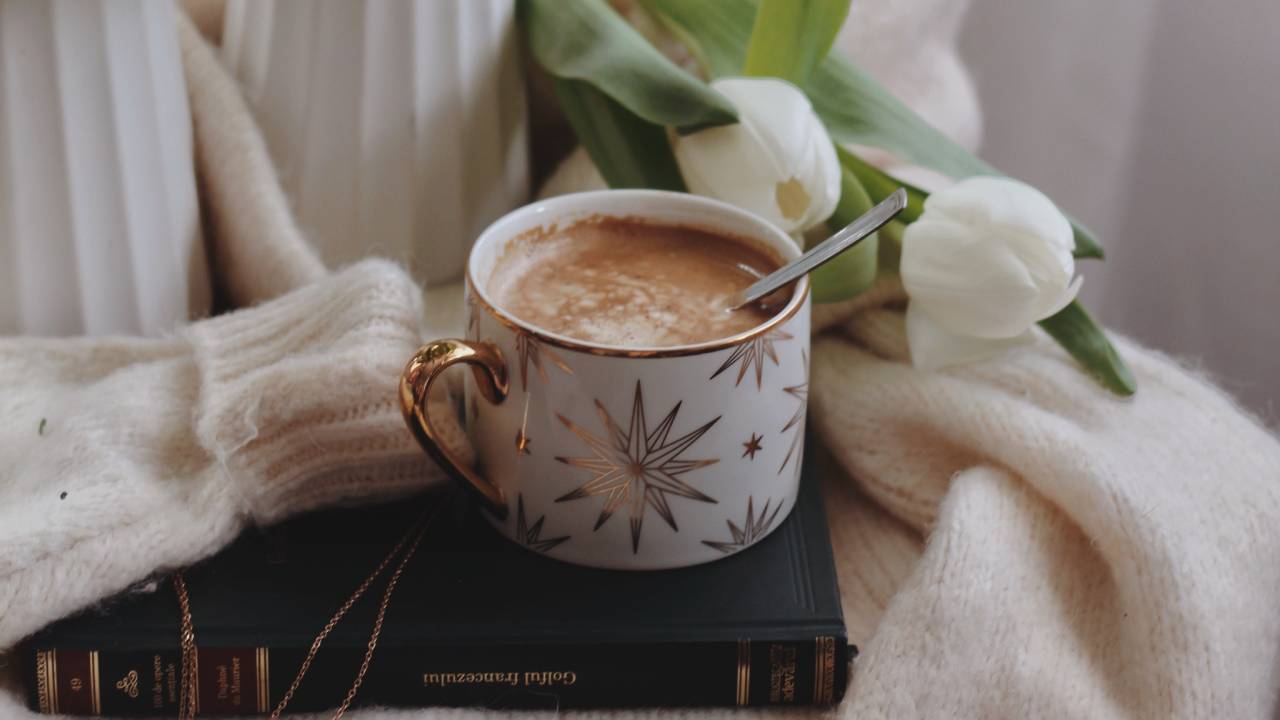
Not to be confused with cocoa, brewed cacao is a traditional South American drink made from roasted and ground cacao beans; they've been drinking it there since at least 1500 BC. Some people find that it's even better than coffee; for starters, it tastes like really dark chocolate (you can always add milk to smooth it out a bit) and it's mostly caffeine-free. Instead, it contains theobromine which dilates your blood vessels while caffeine constricts them, and increases blood flow and gives you a longer-lasting energy boost without the comedown. It can also lower your blood pressure, aid digestion, help weight loss and even prevent strokes. There's also mood-enhancing phenylethylamine, serotonin, anandamide and tryptophan.
- Try it: Cacao Brew
Jim is a freelance writer who has been largely occupied with writing about the mattress industry for the past few years. Jim spent most of 2023 working as Sleep Editor on TechRadar and learning more about mattresses than they ever wanted to know. Jim has also covered graphic design, politics, films and web design, as well as writing promotional material and video scripts for tech and video game companies.
-
 I spent 6 weeks with the FoodMarble Aire 2: here’s what I learned about my gut health
I spent 6 weeks with the FoodMarble Aire 2: here’s what I learned about my gut healthI’ve been testing the clever breath-testing gadget with the companion app over several weeks to find out if it delivers on its promises
By Lee Bell Published
-
 Oil pulling is going viral on TikTok for stopping morning breath – but does it actually work?
Oil pulling is going viral on TikTok for stopping morning breath – but does it actually work?4 hacks that prevent morning breath, according to a sleep expert
By Bethan Girdler-Maslen Published
-
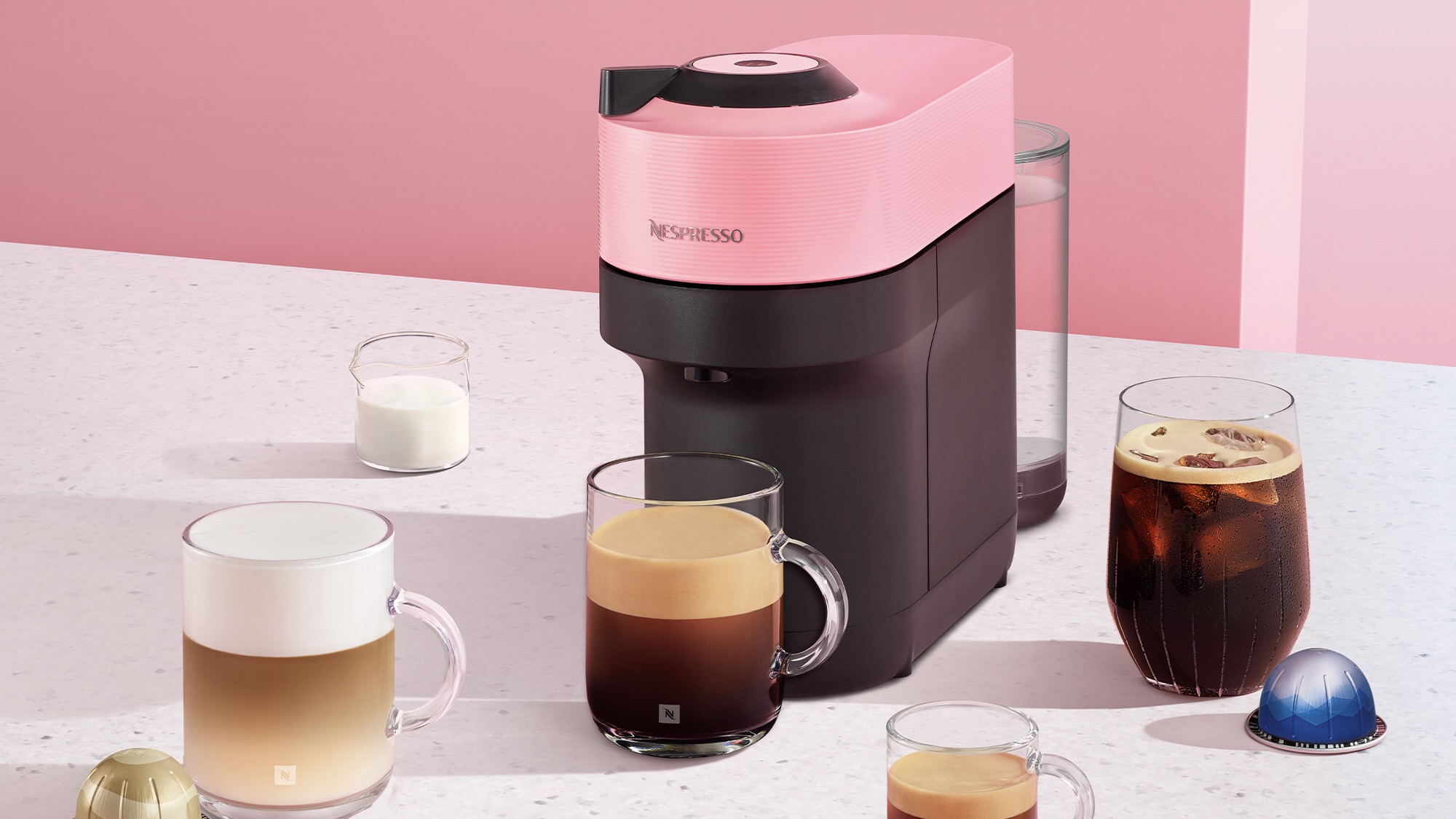 Nespresso adds a pretty pop of pink to its Vertuo line – and it's perfect for spring
Nespresso adds a pretty pop of pink to its Vertuo line – and it's perfect for springGet ready to add a splash of colour to your coffee routine
By Lizzie Wilmot Published
-
 These limited edition McLaren x Loop earplugs are what you need for Formula 1 season
These limited edition McLaren x Loop earplugs are what you need for Formula 1 seasonMcLaren teams up with Loop on limited edition noise-reducing earplugs
By Bethan Girdler-Maslen Published
-
 3 reasons why you wake up at 3am every night – and how to avoid it
3 reasons why you wake up at 3am every night – and how to avoid itAlways waking up in the middle of the night? This could be why…
By Bethan Girdler-Maslen Published
-
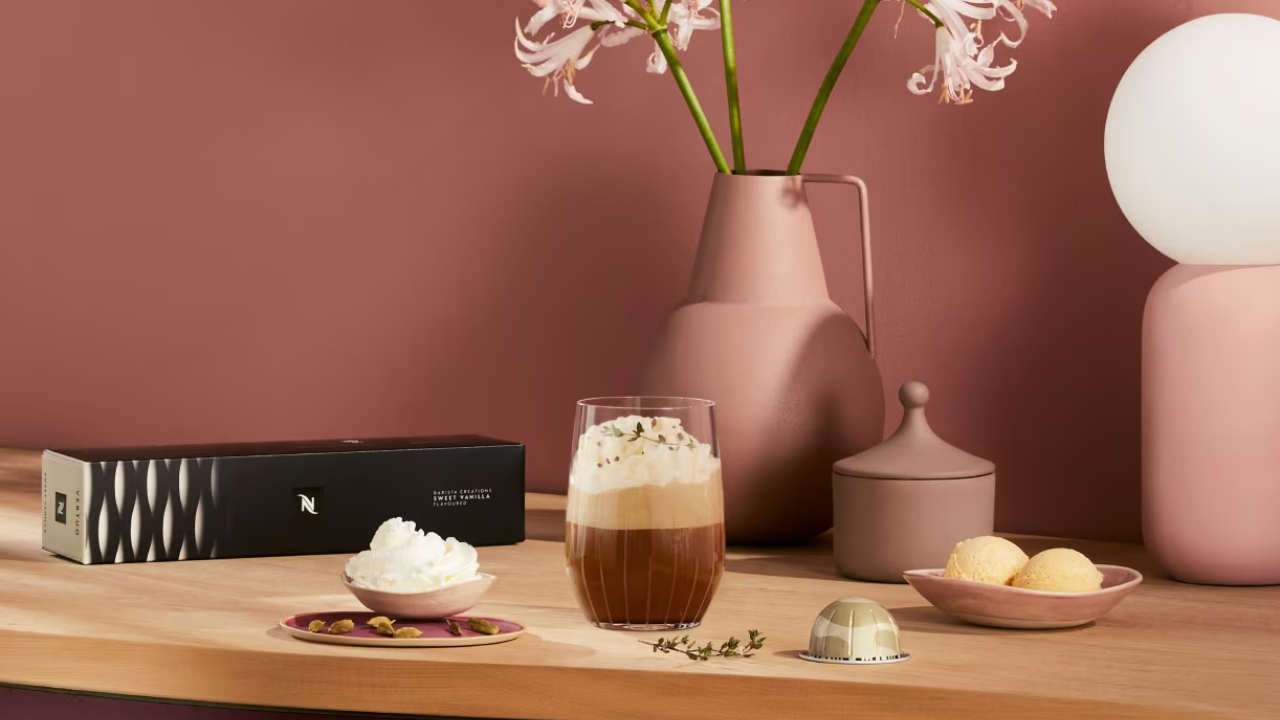 Nespresso's first-ever flavoured decaf capsule is here – I can't wait to try it
Nespresso's first-ever flavoured decaf capsule is here – I can't wait to try itThe perfect cup without the jitters? Yes please!
By Lizzie Wilmot Published
-
 Therabody experts give 7 tips for perfecting your sleep routine for World Sleep Day
Therabody experts give 7 tips for perfecting your sleep routine for World Sleep DayFrom breathing exercises to sleep masks, here’s how to prioritise sleep, according to experts
By Bethan Girdler-Maslen Published
-
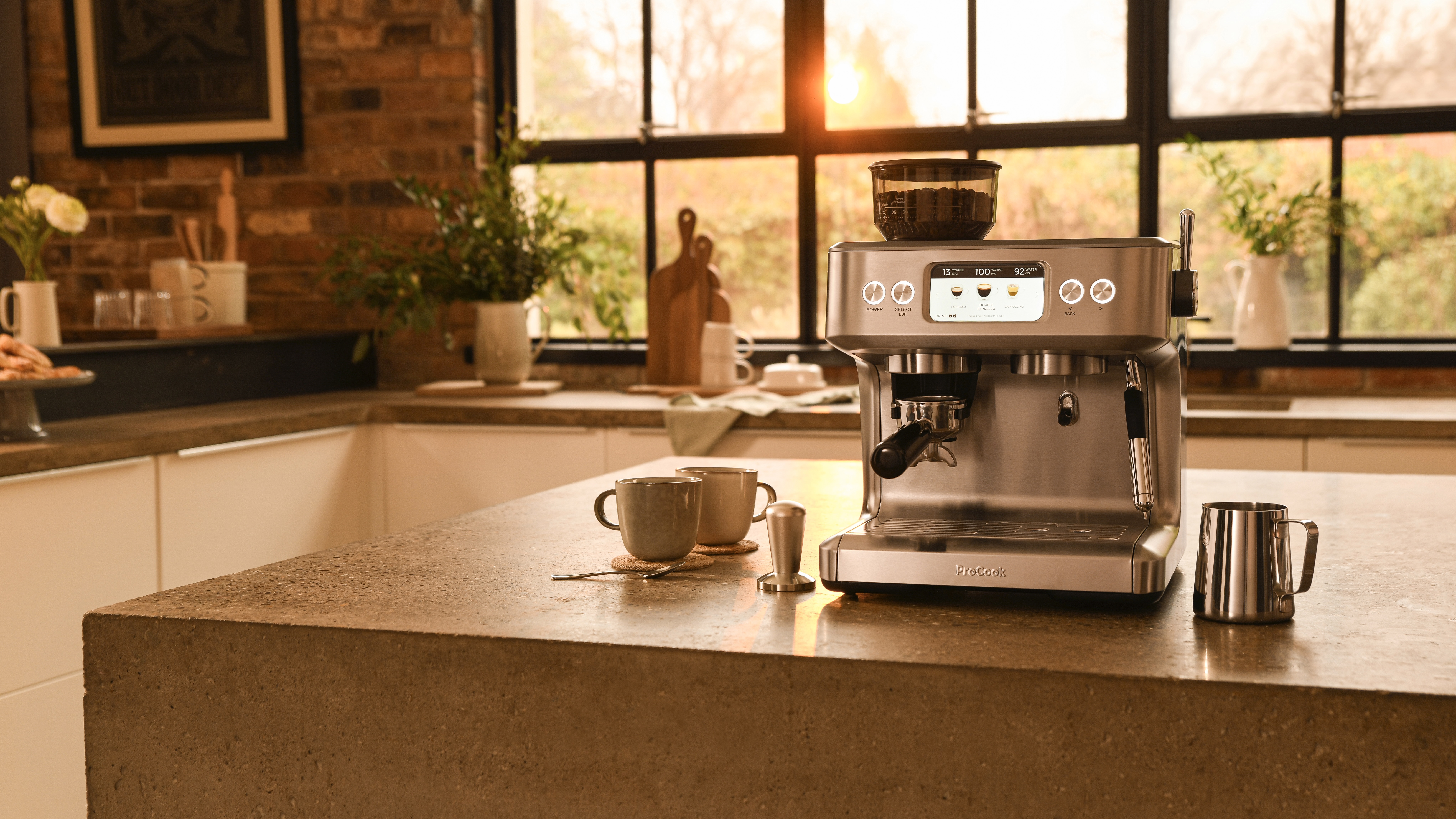 ProCook Barista Elite review: a premium bean-to-cup coffee machine that gives Sage a run for its money
ProCook Barista Elite review: a premium bean-to-cup coffee machine that gives Sage a run for its money....but is it any better?
By Lizzie Wilmot Published
